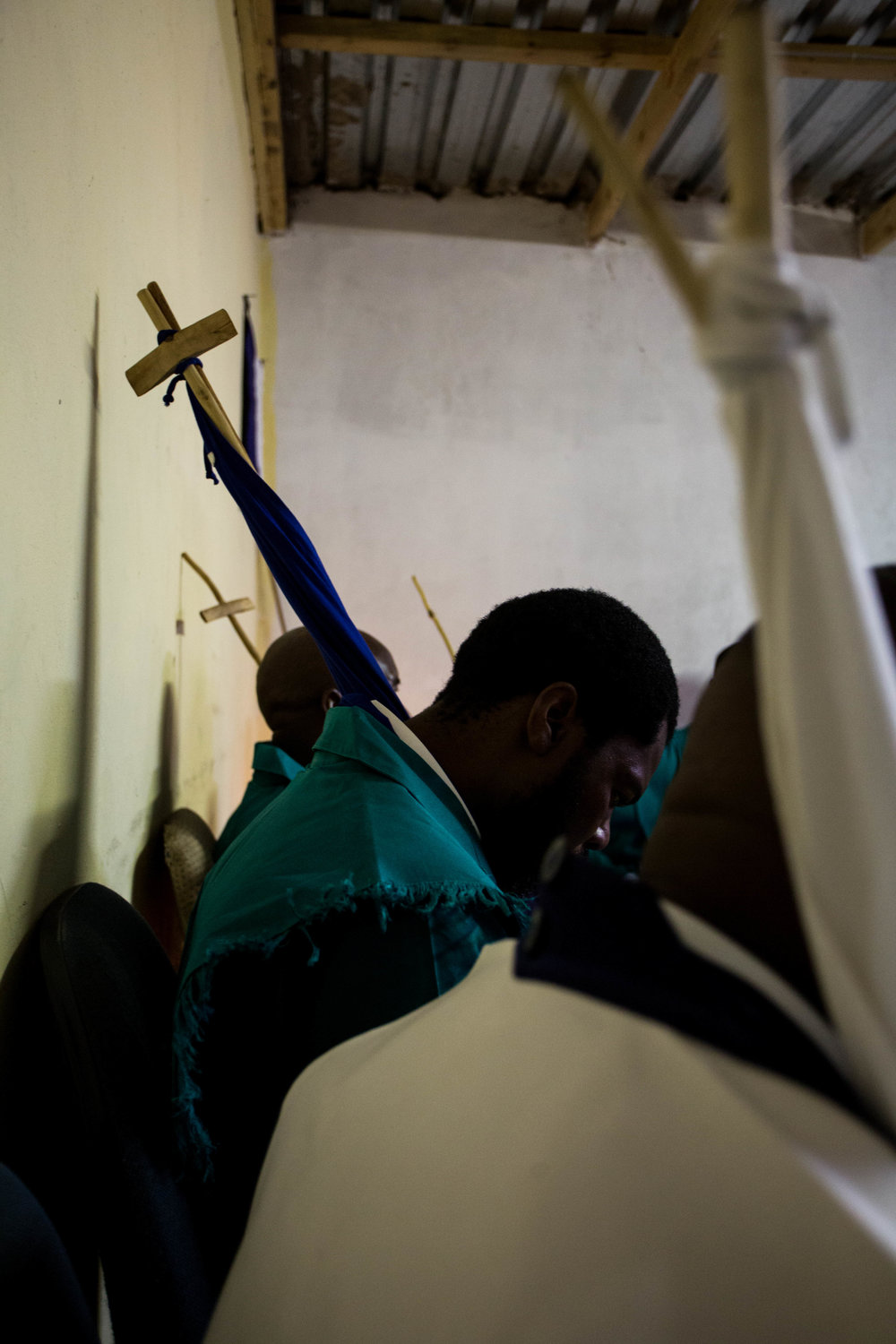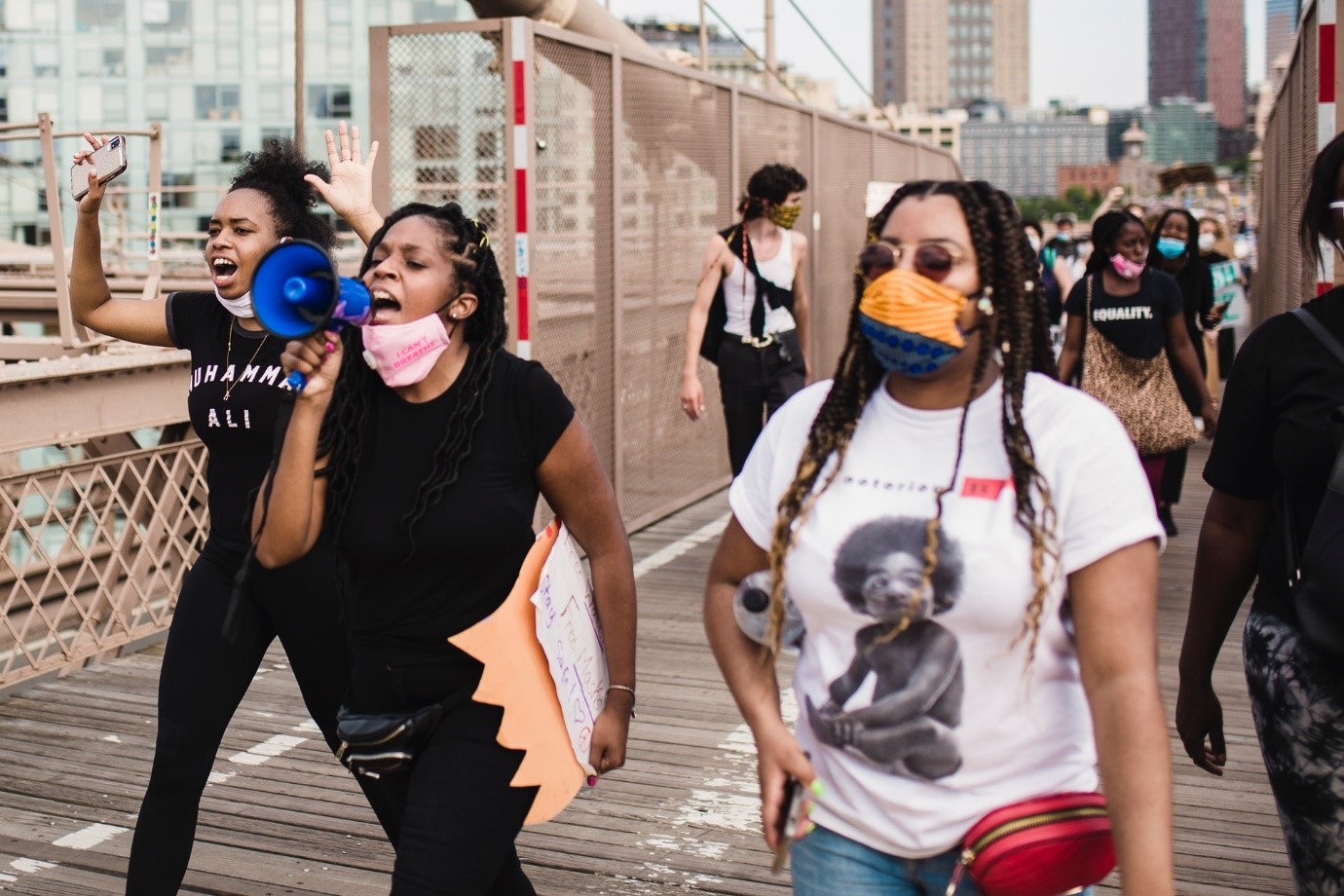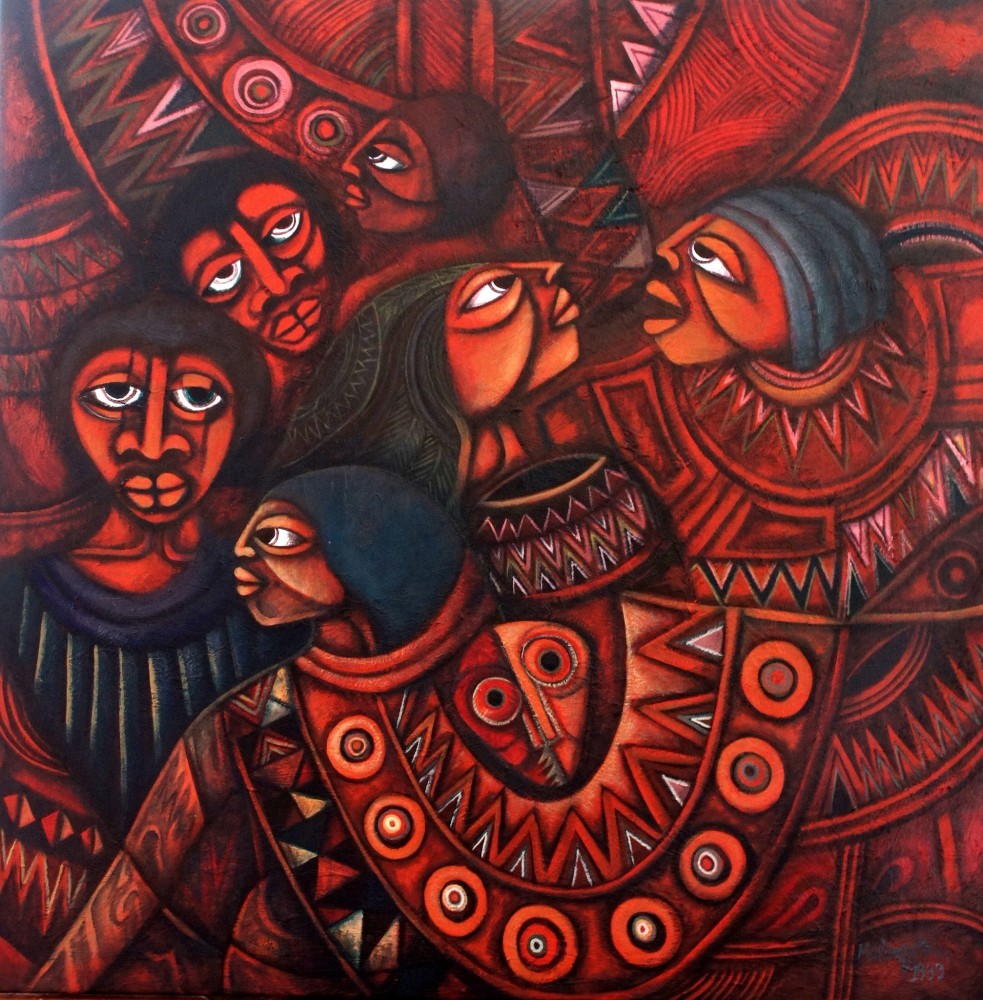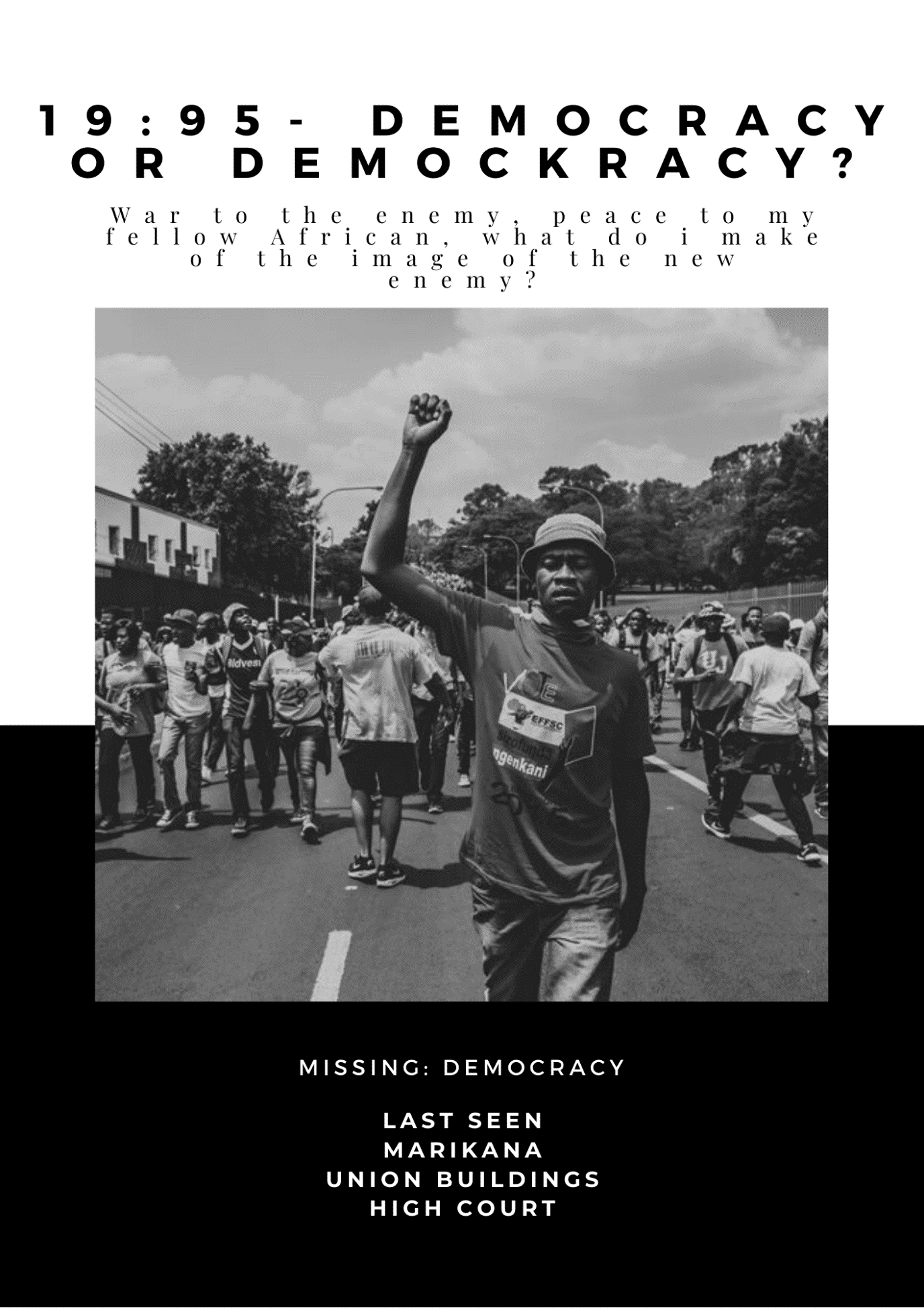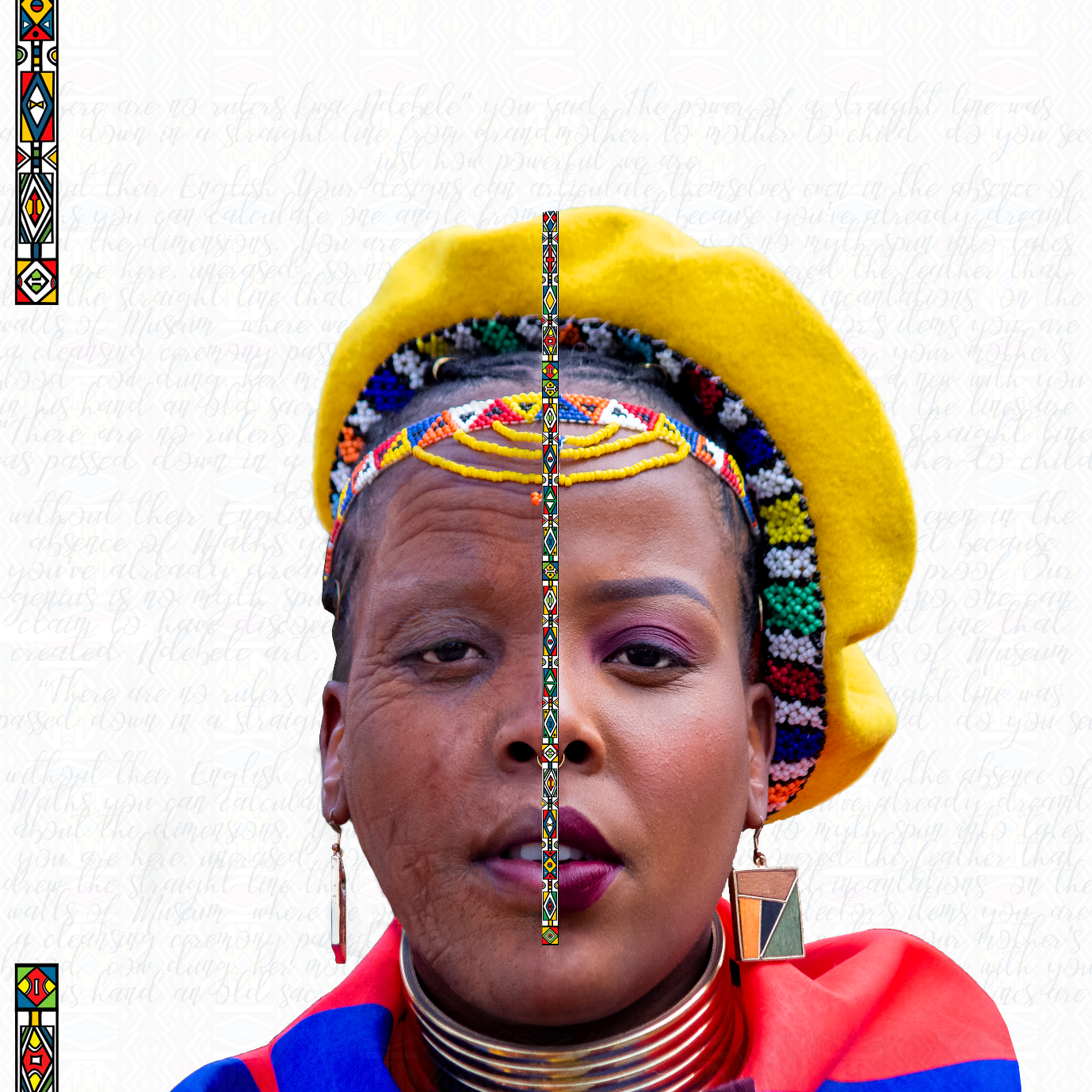In reality a precedent has been established on how to treat persons accussed of rape.
Flowing from the principle of “I believe her”, anyone charged with rape shall from now on, following how Sjava (aka Jabulani Makhubo) was treated, be regarded as guilty until proven innocent. In other words, the onus of proof regarding the offence of rape now effectively rests on the accused person to prove his innocence – the accused is guilty until proven innocent.
All that one alleging rape has to do is to open a case and give whatever evidence one can whereupon, and before the court pronounces itself on the matter, the accused person is:
i. treated as a rapist and referred to as such.
ii. immediately suspended from work without pay.
iii. stripped of all awards and honours in recognition of great accomplishments.
iv. immediately put on the sex offenders register.
Why the Sjava precedent?
Because firstly, Sjava is treated as indicated above in practice. And secondly, it’s the consequences of the “I believe her” principle which seeks to get justice for women who are always not believed. Thirdly, it’s because of the assumption that changing the “presumption of innocence until proven guilty“ to the “presumption of guilt until proven innocent“ in dealing with alleged rape cases would help to address gender based violence (GBV).
I’m personally not opposed to the Sjava precedent, so long as it’s made policy and we are all treated the same in the case of rape.
There are however two important questions that must still be clarified:
1. What happens to the “I believe her” principle in the event that the person accused is acquitted, the charges are withdrawn, or the National Prosecuting Authority (NPA) declines to prosecute this person?
2. What happens to the proven false accusations?
I raise these questions mindful of the fact that our criminal justice system is racist and sexist. Moreover if you open a case you ipso facto say that you trust the court. At the same time, if we don’t trust the court, what other forum is there to adjudicate a rape matter? These are related considerations.
Please let’s try and think through this difficult matter clearly without too much emotion. What we think of the merits of the Sjava case is not the focus here.
I’m interested in investigating whether we can extract lessons which can help us address the scourge of GBV in the short term. We know that in the long term, only Black Power can end the hell going on in the black zone.


